Tag: multilingual ideologies
-
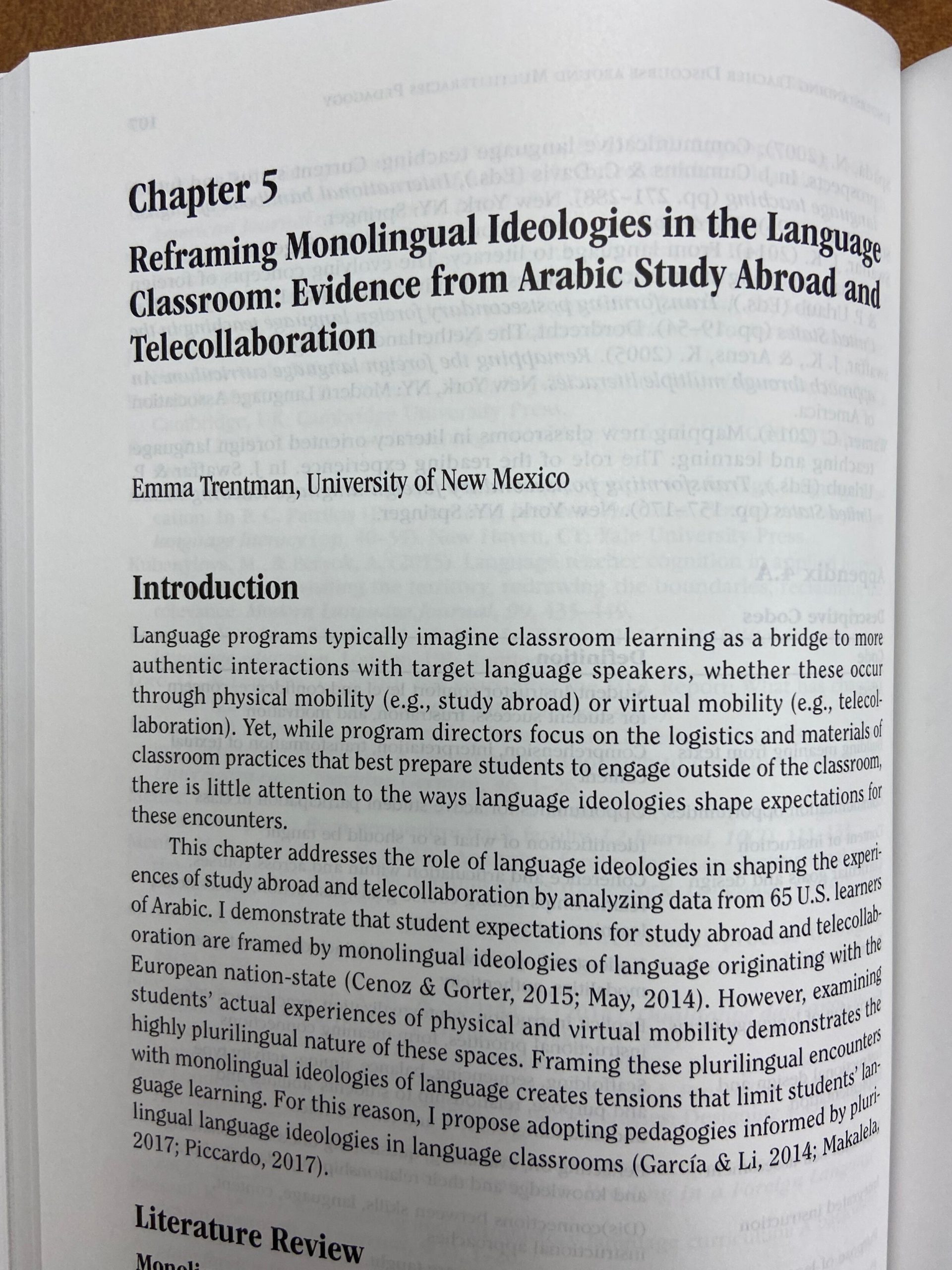
Reframing Monolingual Ideologies in the Language Classroom
Wednesday is the one day I teach in person this semester, and this past Wednesday was the first time I’d been to my office on campus since March. I was excited to discover the 2019 volume of the American Association of University Supervisors, Coordinators, and Directors of Foreign Language Programs (AAUSC) in my mailbox! The…
-

Are monolingual models making us ask the wrong questions? Translanguaging in the language classroom.
(ACTFL), and then for the Arabic Language Conference at AUC, I’ve been having conversations with language teachers (mostly Arabic ones) about translanguaging in the classroom, and why I think it’s so important that we take this perspective. Or why, even if you don’t want to take a translanguaging perspective, it’s important to realize that you…
-

Learning from Indigenous Language Revitalization Programs
This semester, I’m teaching the capstone class for the Languages majors at my university, and we recently finished a unit on Indigenous Language Revitalization. While this is an important unit for a Languages Capstone Class, it is not my area of specialization, so I was excited to learn more along with my students. While Indigenous…
-

Monolingual Ideologies and Plurilingual Realities
Two weeks ago, I attended the Integrationists Conference at Penn State University, whose theme was “Integrationism and Philosophies of Language: Emerging Alternative Epistemologies in the Global North and the Global South”While I had not heard of Integrationism as a linguistic theory until I saw the announcement for this conference, I was interested in learning more…
-
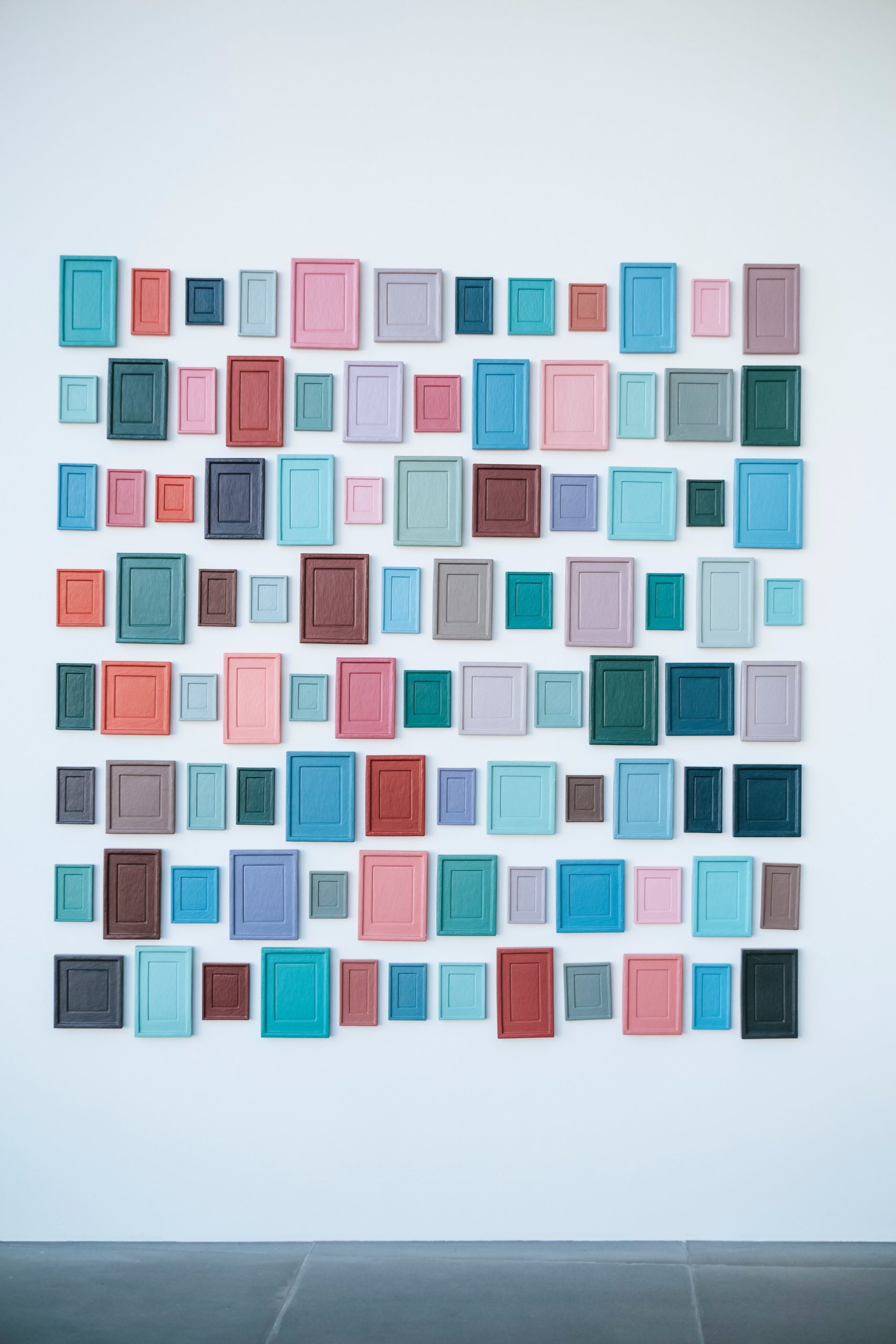
Multilingualism and Plurilingualism: Implications for the language classroom
Last year, I did a series of posts on language ideologies (What is language?) arguing that while these frequently inform our expectations and actions in the language classroom, we don’t think enough about this. Recently, I’ve been delving into the literature on plurilingual ideologies and pedagogies, and thought I would discuss the differences between these…
-
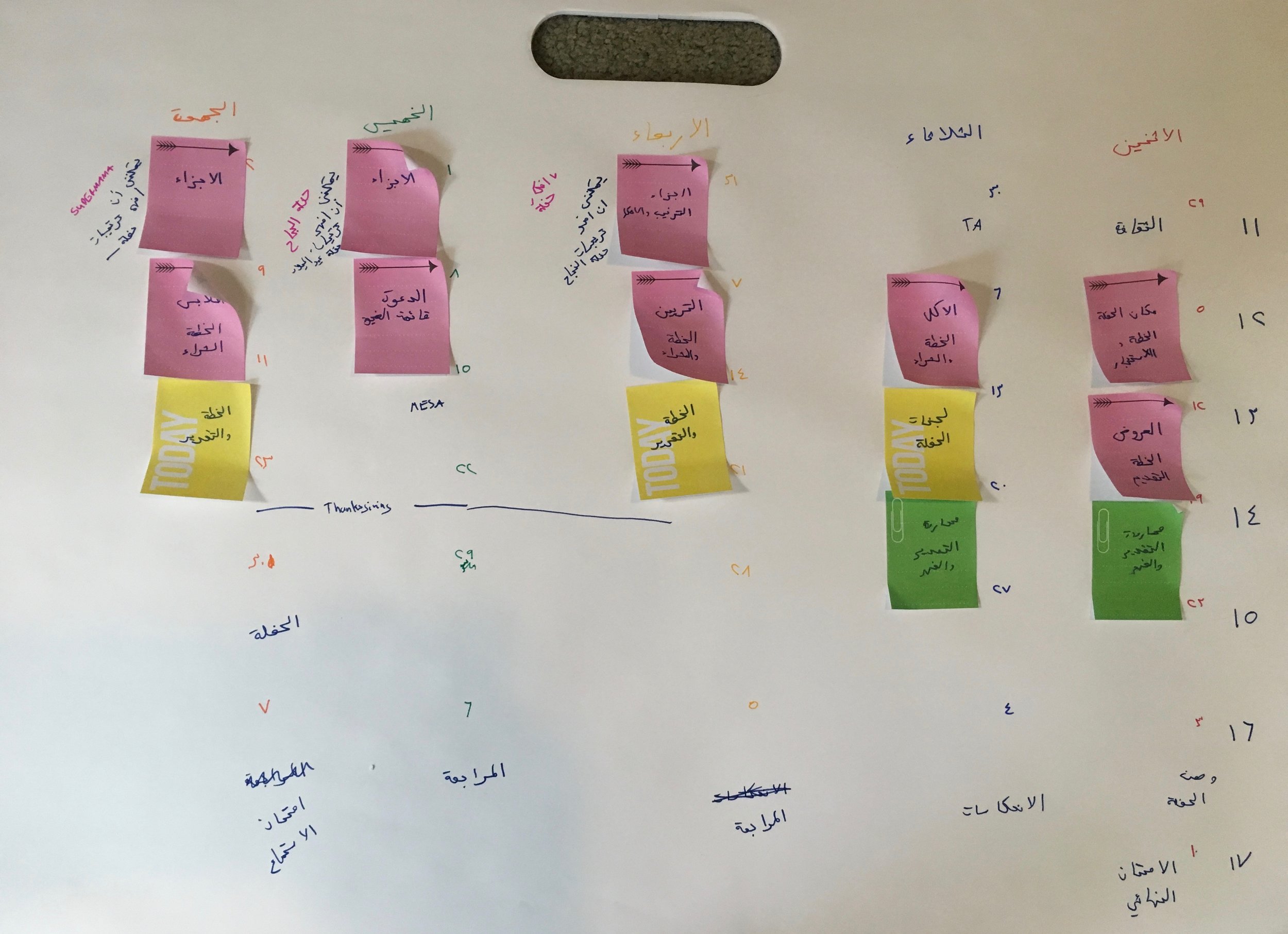
Curriculum Development Part 4: Unit Plan and Week 1 of Party Planning
As I mentioned in my previous curriculum development posts, this year in our Intermediate Arabic classroom we are moving away from the textbook and designing our own units informed by genre-based approaches to language learning. We are concluding our unit on housing, and starting our unit on planning an end of the year party. This…
-
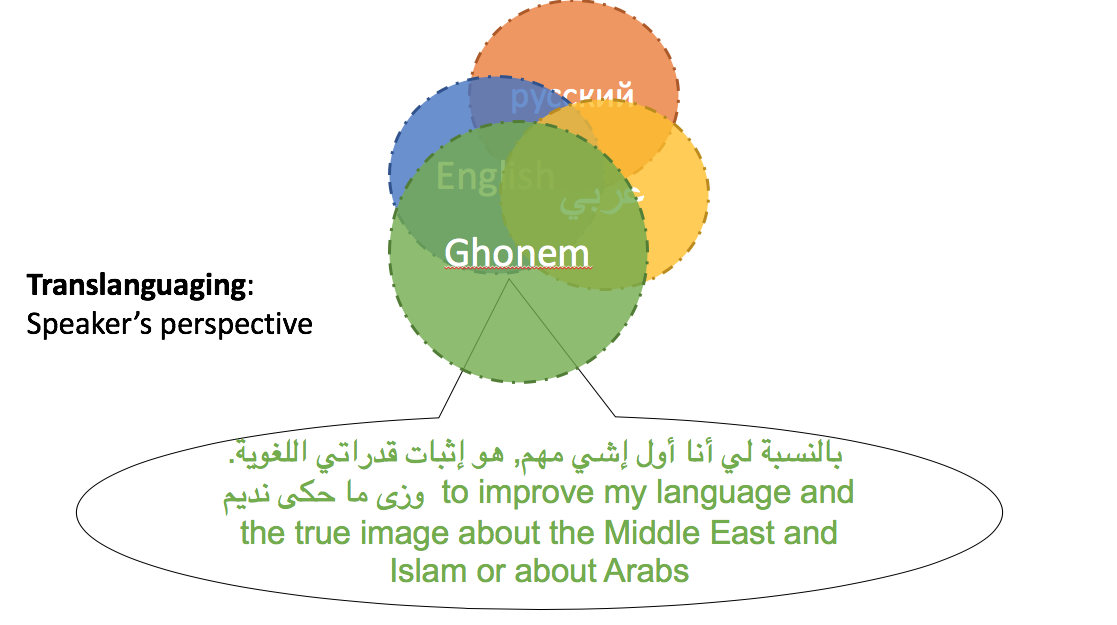
Curriculum Development Part 3: Introducing Intentional Translanguaging Pedagogy
In my last post, I talked about why it is so important to be aware of language ideologies in the language classroom. One major reason is the class in expectations that can occur between students, teachers, and textbooks when there are ideological mismatches, as there is no ideology free classroom (despite what we sometimes pretend…
-

Why awareness of language ideologies is important
“Ideology” can be a dismissive turn people use to critique or undermine certain ideas or practices by contrasting this “ideology” with facts, or science, or reality. On the one hand, the dismissers are right—these are “just ideologies.” On the other hand, it’s also not the case that there is a reality free of ideologies. Ideologies…
-

Learning from African examples of translanguaging as a pedagogical and social practice
Translanguaging as a concept and translanguaging as a pedagogical practice are hot topics in the field of Applied Linguistics these days (or at least the circles I’m in). As I’ve written earlier on this blog, I find translanguaging pedagogy a compelling approach for language classrooms, including Teaching English Speakers Other Languages (my version of TESOL…
-
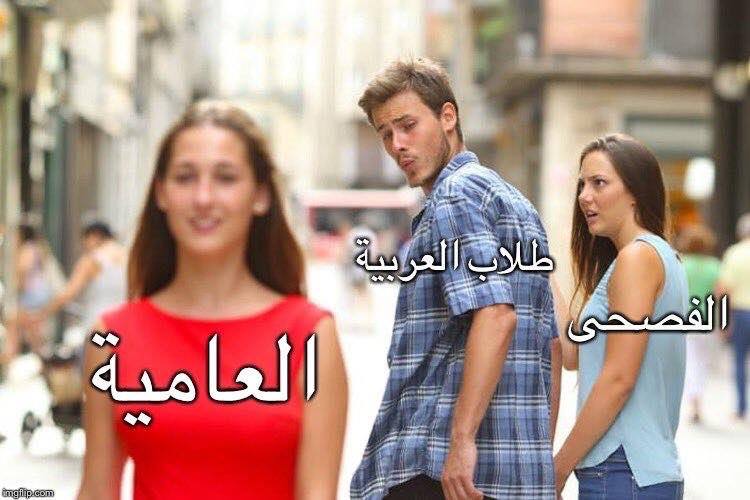
Bringing emotions and ideology into the MSA/dialects debate
The meme above seems to be making the rounds for everything these days, and the image above popped up in my Facebook feed the other day. I smiled, because it my experience it captures a common conundrum in Arabic teaching—we usually focus on Modern Standard Arabic, MSA, الفصحى in the classroom, much to the dismay…